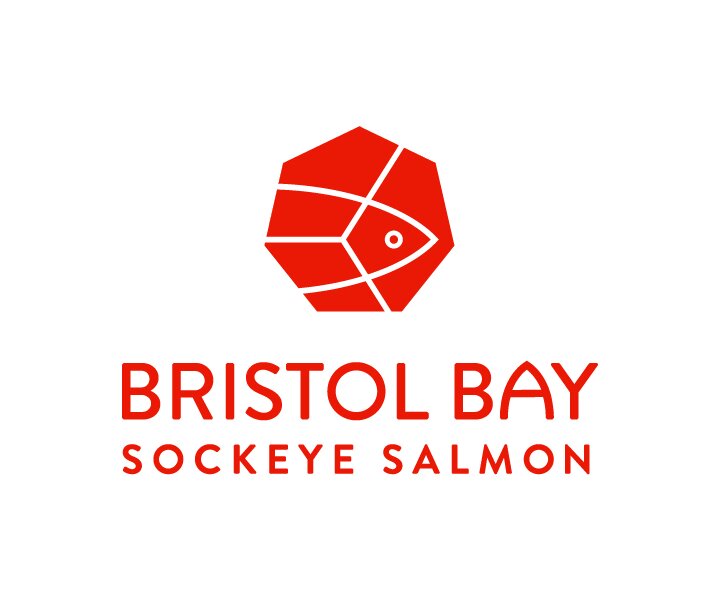How U.S. Sanctions Against Russia Could Potentially Impact the Seafood Industry
/Source: Seafood News by Amanda Buckle - Urner Barry- February 25, 2022
On Thursday Russia invaded Ukraine, leading the U.S. Treasury to announce “unprecedented and expansive sanctions against Russia.” The goal of these sanctions is to impose swift and severe economic costs on the Russian economy and financial system—both immediate and in the long-term.
“Treasury is taking serious and unprecedented action to deliver swift and severe consequences to the Kremlin and significantly impair their ability to use the Russian economy and financial system to further their malign activity,” said Secretary of the Treasury Janet L. Yellen. “Our actions, taken in coordination with partners and allies, will degrade Russia’s ability to project power and threaten the peace and stability of Europe. We are united in our efforts to hold Russia accountable for its further invasion of Ukraine while mitigating impacts to Americans and our partners. If necessary, we are prepared to impose further costs on Russia in response to its egregious actions.”
As the U.S. Treasury explained, Russia’s large financial services sector is “heavily dominated by state-owned actors that rely on the U.S. financial system to conduct their business activities both within Russia and internationally.” The sanctions imposed by the U.S. “cut off major parts of the Russian financial system and economy from access to this important financial structure and the U.S. dollar more broadly.”
Impacted by these sanctions are Russia's two largest financial institutions— Public Joint Stock Company Sberbank of Russia and VTB Bank Public Joint Stock Company. According to the U.S. Treasury, these financial institutions conduct about $46 billion worth of foreign exchange transactions globally, of which 80% are in U.S. dollars. Cutting off these two banks from processing payments through the U.S. financial system means that they will “no longer benefit” from the reach, efficiency and security of the U.S. financial system.
U.S. banks will have 30 days to unwind any accounts payable corresponding links to the major Russian banks. According to SeafoodNews founder John Sackton, this means that a letter of credit for crab today will be honored, but the banks will be unwinding these relationships, so going forward they will not be honored.
“This makes it very difficult for a U.S. party to pay for Russian crab in dollars,” explains Sackton. “It will be interesting to see if Russian owned companies try and get around this, i.e. selling to a third party who then tries to sell the product via a series of transactions ending up eventually with a U.S. buyer. I think many importers/distributors will simply not take the risk.”
As Sackton noted in his latest The Winding Glass column, the seafood industry has experienced several disruptive sanction regimes over the past eight years.
“One recent example was the sacrifice of U.S. lobster exports to China as part of a misguided pressure strategy,” wrote Sackton. “The U.S. had achieved a 50% market share with the Canadians taking the other half. After the sanctions, the U.S. share dropped to 25%; Canadian producers gained customers and flexibility, U.S. producers lost value, and two years later when the sanctions were removed, exports have still not completely bounced back.”
In addition to the crab noted above, cod, haddock and salmon from Russia are also an important part of the U.S.’s overall supply. Not being able to purchase supply from Russia means that prices could soar to above their current historical highs.
Read John Sackton’s The Winding Glass column to learn more.
You can find more information on the sanctions imposed by the U.S. Treasury here.
https://www.seafoodnews.com/Story/1219776/How-US-Sanctions-Against-Russia-Could-Potentially-Impact-the-Seafood-Industry




